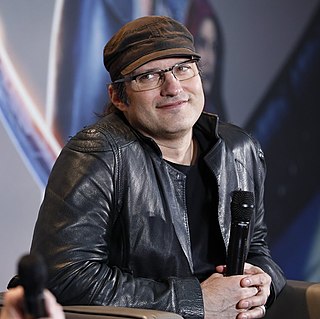A Quote by Irvin D. Yalom
I don't want to be idealized by a patient because of what I've written.
Related Quotes
There's a thing that creeps into this conversation ... that if you complain about the depiction of women [in comics], it becomes, 'Well, but ladies - the dudes are idealized too.' And the thing is that the dudes are idealized for strength and the women are idealized for sexual availability. It's very, very different. The women's costumes are cut in such a way that I could give a cervical exam to 90% of our heroines. And I don't have a medical degree! So if I can find it, that's impressive.
I think it's important for women to be patient with their men. Try not chastise them to the point where they never want to try again. Because it's inevitable - we're going to screw up. And this is not me as a man telling women to be patient. What I'm saying is, as a man, I know the only way I'm going to figure this stuff out is if I have the support of the woman I love. I will mess up and say the wrong thing and interrupt my wife because it's a learned behavior I've done my whole life. I don't have all the answers - all I'm trying to do is start a conversation.






































